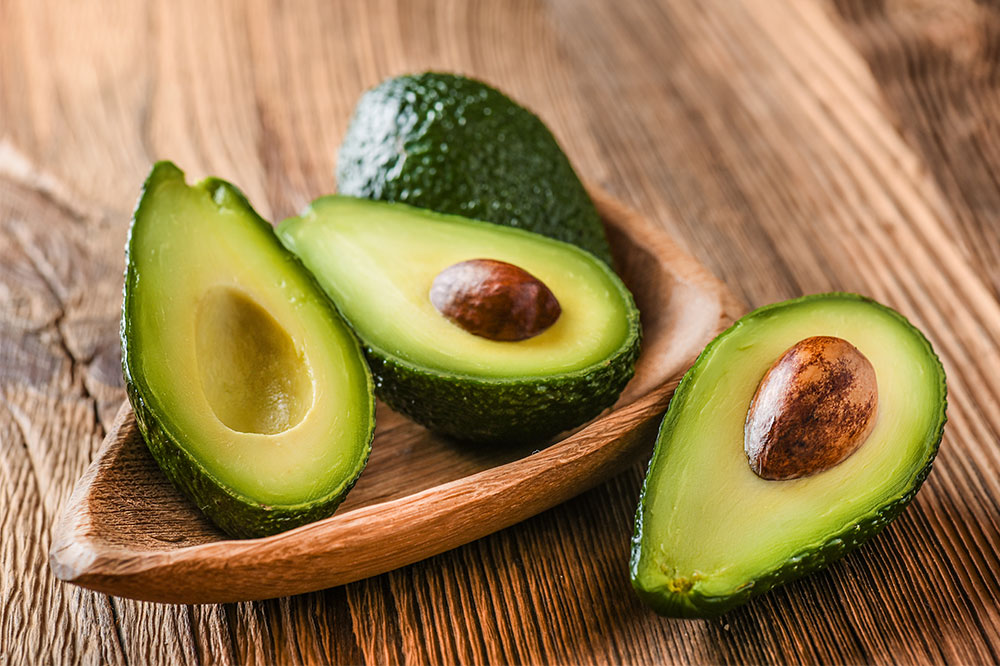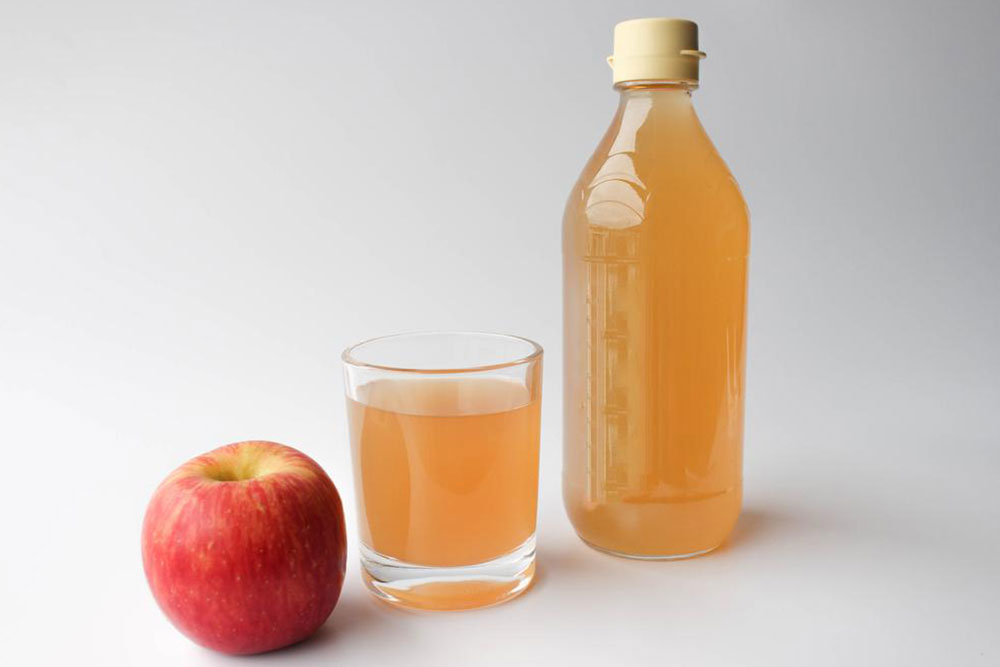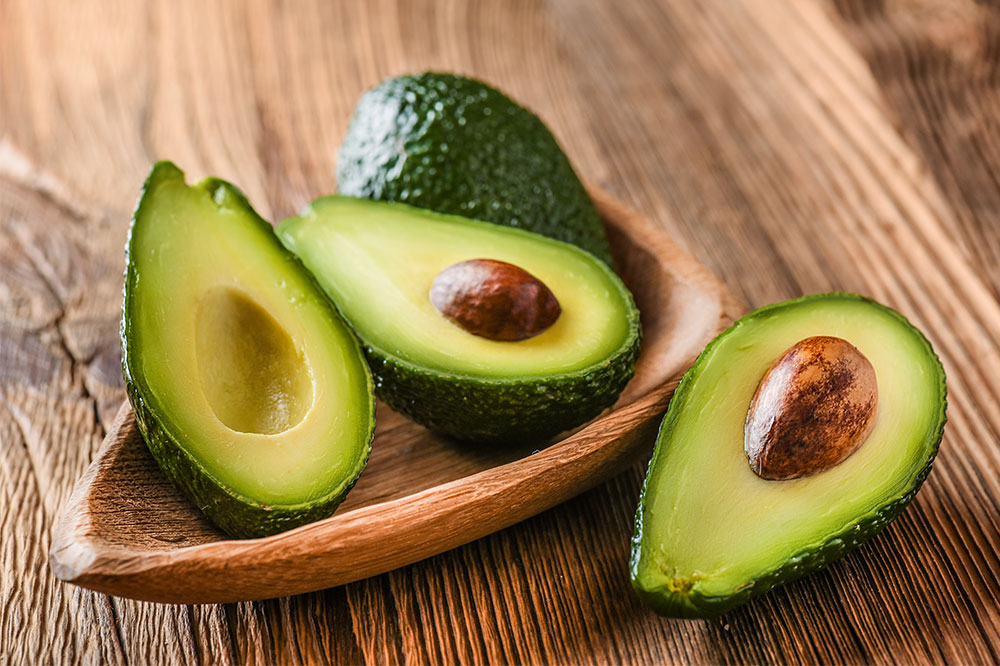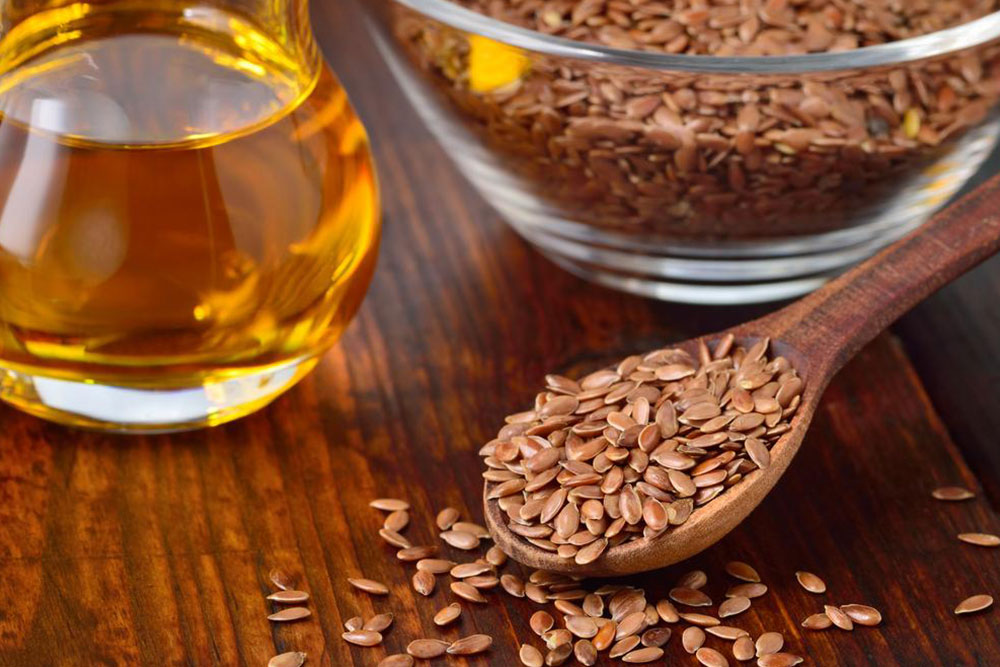Beneficial Factors of Potassium
Potassium is one of the minerals which plays an important role in achiev ing good health. Every cell in the body is a part of potassium and life would not be possible without it.
In general, we do not pay attention to eating different minerals and vitamins. Food items with potassium content are helpful in many ways. It maintains fluid balance in the body and keeps the brain, nerves, hearts, and muscles functioning normal constantly.
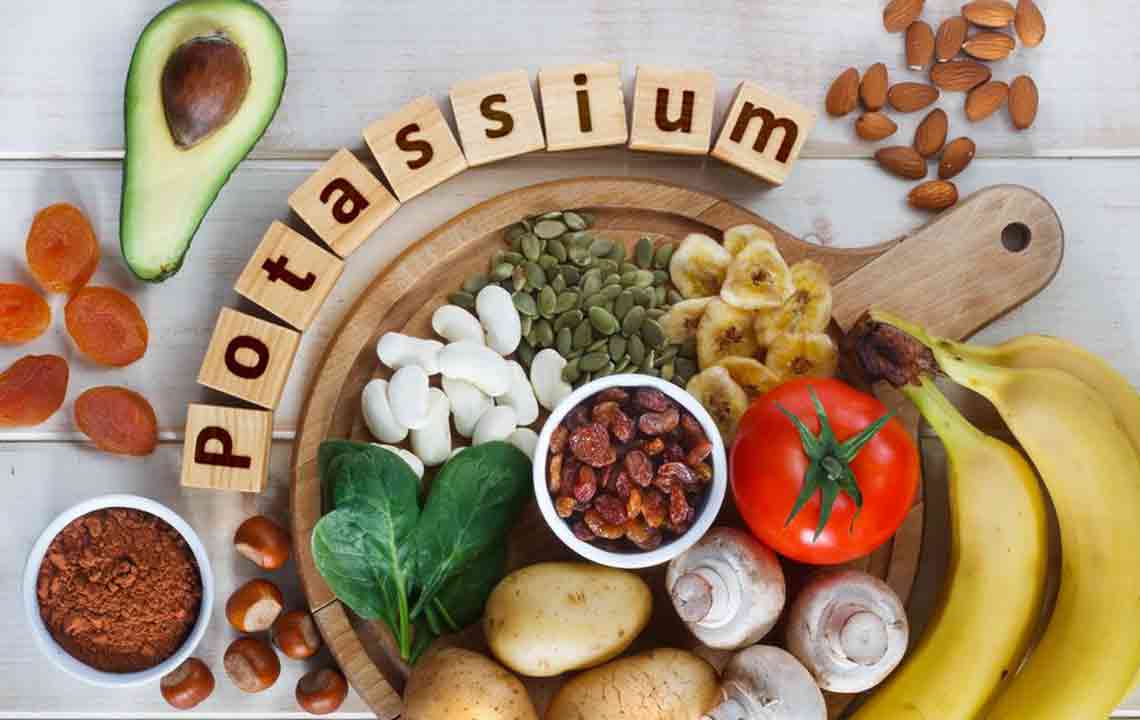
Potassium can be called as an electrolyte to the body, which helps the body to function appropriately . We need potassium to:
- Build proteins
- Breakdown and use carbohydrates
- Build muscle
- Maintain body growth
- Control the electrical activity of the heart
- Control acid-base balance
Low potassium levels can cause a variety of lung disorders , Kidney Disease , and hypertension in both adults and children.
Signs and symptoms of potassium deficiency –
- Abnormally dry skin acne
- Chills, Insomnia
- Cognitive impairments, depression, nervousness, d iminished reflexes,
- Diarrhea or Constipation,
- E xcessive Thirst
- E dema
- Low blood pressure, muscular fatigue, headaches, high cholesterol levels, Glucose intolerance, muscle cramps,
- Growth impairment
- Salt retention and hypersensitivity to Salt
- Respiratory distress hormonal fluctuations
Potassium Rich Foods for controlling High Blood Pressure
To control blood pressure , your diet should be rich in potassium because potassium reduces the effect of sodium which is the main cause of high blood pressure. A diet rich in fruits, vegetables, fat-free or low-fat milk and milk products, poultry, seeds, fish, beans, whole grain foods, and unsalted nuts reduce the levels of blood pressure. Dietary supplements of potassium can also lower blood pressure in normal and hypersensitive patients.
Potassium Rich Foods for Pregnant Lady
During pregnancy, the volume of the blood increases by 50%. This means there are more requirements of electrolytes to keep the extra fluid and to keep the balance . This means it’s even more important to intake potassium during pregnancy and feeding. During this period, a woman should at least consume 4700 milligrams of potassium while 5100 milligrams per day while nursing.
Potassium Rich Foods for Osteoporosis
Potassium intake is directly proportional to the density of the bone mineral . Foods with potassium aggravate the acid in the body that contains bio carbonate ions. If the bio carbonate ions are insufficient to maintain normal pH, the body will mobilize while organizing the minerals from the bone to neutraliz ing the acids which are consumed in the diet as well as generated by the metabolism activity, hence reduc es bone mineral density. This results in osteoporosis. Foods rich in potassium fhelp in reducing the acid content present in our diet and preserves calcium as well as other minerals in the bones.
Foods with potassium is not good fo r Kidney
Increased intake of potassium in our diet in form of food items like fruits and vegetables decrease the urinary calcium excretion . T his urinary calcium increases the chances of developing kidney stones. In elderly people, high consumption of potassium may be harmful to those suffering from kidney disorders.
Foods with Potassium for Diabetes
If you are suffering from diabetes , potassium is a must in your diet. A serious complication of diabetes called diabetic ketoacidosis is a situation when the body produces a high level of acids called ketones. This develops when the body cannot produce enough insulin used to treat diabetic ketoacidosis. This results in potassium levels to fall. This is when we need to consume more potassium-rich foods.
Benefits of foods with potassium and their daily values-
- Dry fruits
Dry fruits contain the highest amount of potassium. A cup of dried apricots o r prunes contains 1.5 grams and 1.4 grams of potassium which is 40-43 percent of the daily recommended value. - Dates
100 grams of dates give 618 milligrams of potassium to our body which is 19% of our daily recommended value. - Coconut water
Coconut is supposed to be a good source of potassium especially coconut water and dry coconut. One cup of coconut water is 17% of the daily value amounting to 600 milligrams. - Baked Potato
Potato is generally known to i ncrease insulin levels, but it gives 1081 milligrams of potassium. A better choice would have a baked sweet potato which also controls many other diseases. One medium-sized sweet potato with skin gives 450 milligrams of potassium and other important minerals and vitamins. - Bananas
A medium sized banana provides 22 milligrams of potassium resulting in 12%of our daily value. - Mushrooms
One cup of sliced boiled mushrooms gives us 12% off daily recommended value. - Beans
White beans, kidney beans, lima beans and others are very rich in potassium. One cup of cooked white beans provides 1000 milligram of potassium amounting to 29% of daily value. Other beans range from 10 to 28%. - Dark leafy vegetables
Leafy green vegetables like spinach and celery are great houses of potassium. One cup of cooked spinach provides 39 milligrams of potassium which is 24% of our daily value. - Yogurt
Yoghurt is also high in potassium. 100 grams of yogurt has 225 milligrams of potassium and its value is a 7 seven %in our daily diet. - Fish
Fishes like Salmon, halibut, tuna are also great potassium sources. A 3-ounce fillet of salmon can provide 15%daily value potassium.
Potassium is a vital mineral which keeps our body healthy and disease free. Following a healthy lifestyle along with consuming a daily value of potassium would bring a big change in our lives as well as in our bodies.
